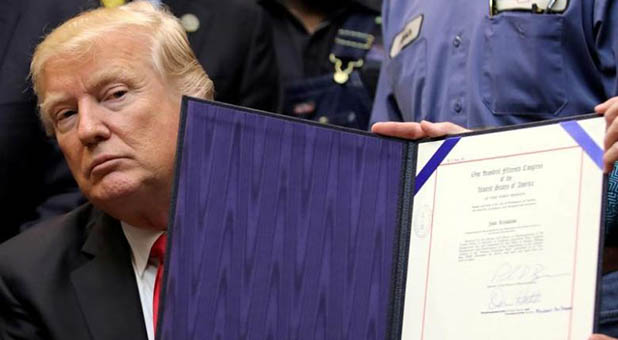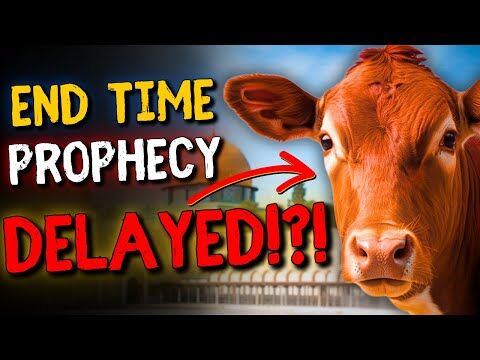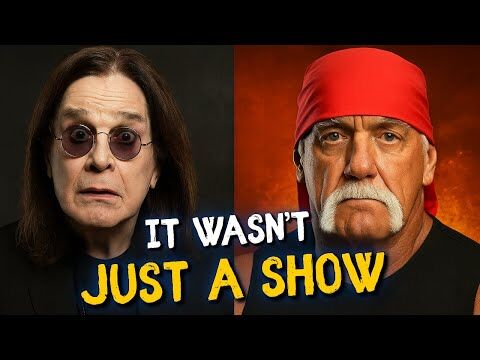Wednesday afternoon, President Donald Trump is scheduled to visit the Snap-On Tools manufacturing facility in Kenosha, Wisconsin, and while he is there, he will sign an executive order regarding both the federal government’s procurement policies and employment visa regulations.
It will be called the “Buy American, Hire American” executive order.
Monday evening, a senior administration official briefed the media about the order and what it will entail. “Buy American,” he said, refers to a set of procurement laws about how goods and manufactured products are obtained and how they’re used in federal projects or federally funded projects. “Hire American,” he added, generally refers to the body of law and policy concerning how immigration, visa and guest worker programs are operated to ensure proper protections for American workers.
“It’s a well-known fact amongst those who study both procurement policy and our visa and guest worker policies that Buy American and Hire American rules have been enormously diluted over time,” he said. “… [T]he waivers and exemptions process in Buy American have been abused greatly, resulting in many lost job opportunities for American workers. And similarly, the Hire American rules that govern many of our visa and guest worker policies have gone unenforced or have been abused to the point of rendered, in some cases, even inoperative.”
Buy American
The term “Buy American” as used in the briefing, and as will be used in the president’s executive order, will include references to the Buy American Act of 1933, the Buy America clause of the Surface Transportation Act of 1978, and other forms of legislation, including the Berry Amendment. All of them, combined, direct how the federal government is supposed to strictly adhere to an overall “Buy American” mission.
The senior administration official said the president’s order will direct every federal agency to “scrupulously monitor, enforce and comply” with those laws, saying it is the Trump administration’s highest priority when it comes to spending taxpayer funds. Each agency will be directed to conduct a “comprehensive top-to-bottom Buy American performance review,” which will include assessments of their use of waivers and exceptions, as well as a requirement to provide recommendations to strengthen Buy American laws and regulations.
“President Trump has tasked the Secretary of Commerce, Wilbur Ross, with reviewing all the agency findings and submitting a report to his desk within 220 days,” the official said. “This report and its recommendations will serve as a blueprint for additional executive and regulatory actions to further strengthen Buy American, as well as guide possible legislative proposals. And knowing Secretary of Commerce Wilbur Ross, don’t be surprised if some of those recommendations come in well before the 220-day deadline.”
The president’s order will also minimize the granting of “public-interest waivers” by more narrowly construing when they may be granted. Additionally, the heads of agencies only will have the authority to grant such waivers, which should provide greater accountability.
As part of that decision-making process, agency heads will be allowed to consider the effect of foreign-sourced “dumped” or “injuriously subsidized content” in making their determinations of the lowest bidder on contracts. The official called this an “innovative step to stop the foreign cheaters from using taxpayer funds to steal our jobs, shutter our steel mills and offshore our factories.”
The president’s order also addresses the role free trade agreements have played in weakening Buy American laws. The official said that in at least 20 such agreements, those rights were waived as part of the deal-making process.
“In these deals, which cover almost 60 countries in total, the U.S. typically provides what’s called national treatment to foreign suppliers in exchange for so-called reciprocal access to those countries’ markets, thereby waiving Buy American laws,” he said. “In effect, through these deals, foreigners are treated just like Americans in the government-procurement process.”
The president’s order also reaffirms the so-called “melted and poured standard” for U.S. steel production, which the administration official said is critical to maintaining the integrity of Buy American laws. Without it, U.S. steel production can be reduced by as much as 90 percent—and as each steel job creates seven additional “trickle down” jobs, this impacts up to 1 million U.S. workers.
“In each of these ways, the melted and poured standard would let us fully capture the positive impact of infrastructure spending on the iron and steel manufacturing industry supply chains,” he said, “from the iron mines of Minnesota, Michigan and Alabama, and coal mines of Kentucky and West Virginia, to the integrated mills of Indiana and Pennsylvania, to the downstream finishing and fabrication shops throughout the nation.”
The official hit back at the two major lines of attack from critics of Buy American policies by noting:
- Critiques about such policies driving up the cost of products fail to also account for the financially beneficial impacts on incomes, tax revenue, and other external benefits associated with “strengthening the manufacturing and defense industrial base,” and
- The specter of retaliation by U.S. trading partners is “simply a red herring,” because nearly all of them embrace similar domestic preferences in their own procurement programs, which are “fully compliant” with international trade law.
Hire American
The president’s order will also call for the strict enforcement of all laws governing entry into the U.S. labor pool by calling upon the Departments of Labor, Justice, Homeland Security and State to “take prompt action to crack down on fraud and abuse.” Noting those are separate problems, the goal is to further encourage the hiring and retention of American workers, and to protect the U.S. economy.
The order also contains an additional clause on the H1B visa program, calling on those same four departments to put forward reforms to see to ensure H1B visas are rewarded to the most skilled or highest-paid applicants. Currently, H1B visas are awarded by random lottery.
The official stated that 80 percent of H1B visa recipients receive less than the median wage for their respective jobs, and only 10 percent receive the median wage. Only 5 percent were categorized at the highest of the visa program’s four wage tiers.
“The result of that is that workers are often brought in well below market rates to replace American workers, again, sort of violating the principle of the program, which is supposed to be a means for bringing in skilled labor,” he said. “… [I]nstead, you’re bringing in a lot of times workers who are actually less skilled and lower paid than the workers that they’re replacing.”
The senior official said all of these measures are “broadly supported by groups that represent American workers,” as well as voters who identify as Republicans, Democrats and independents. He acknowledged, however, that some of the proposals brought forward by the agencies will require legislative work.
The executive order is expected to be signed shortly before 4 p.m. EDT while the president is in Kenosha. {eoa}












































